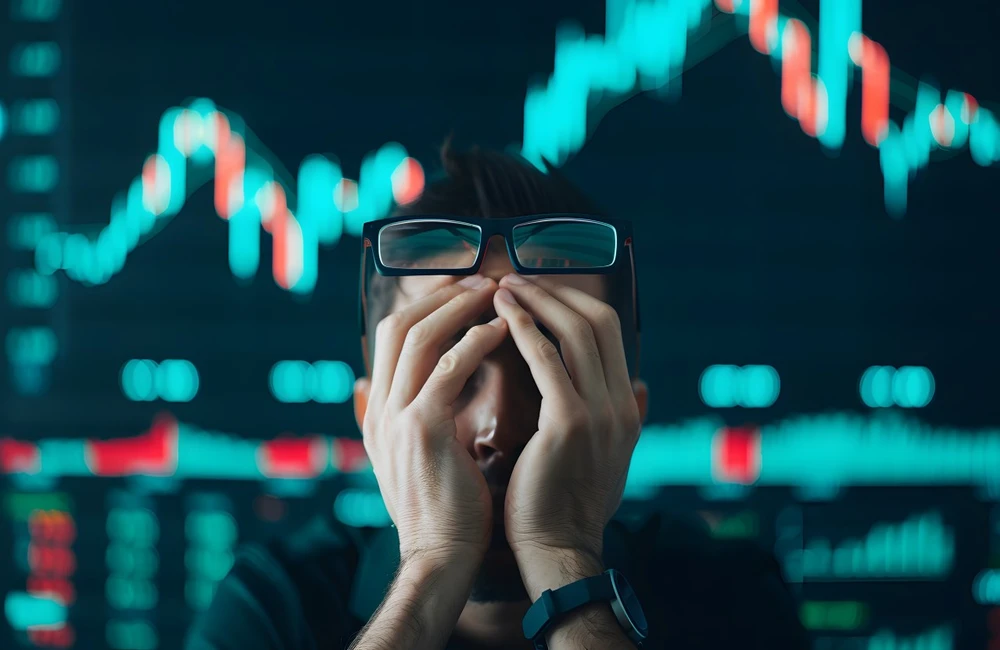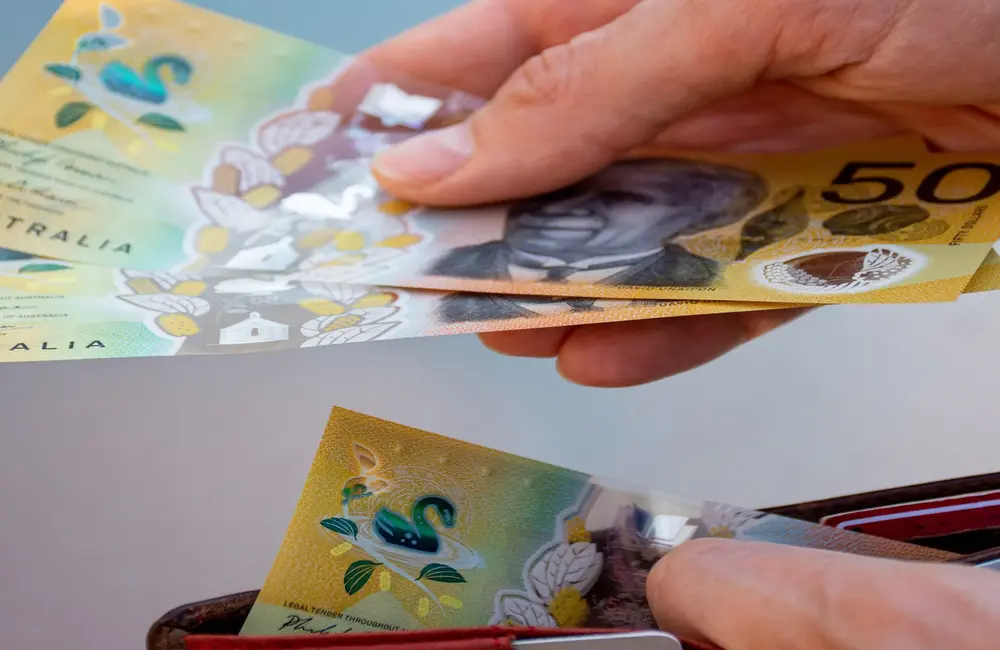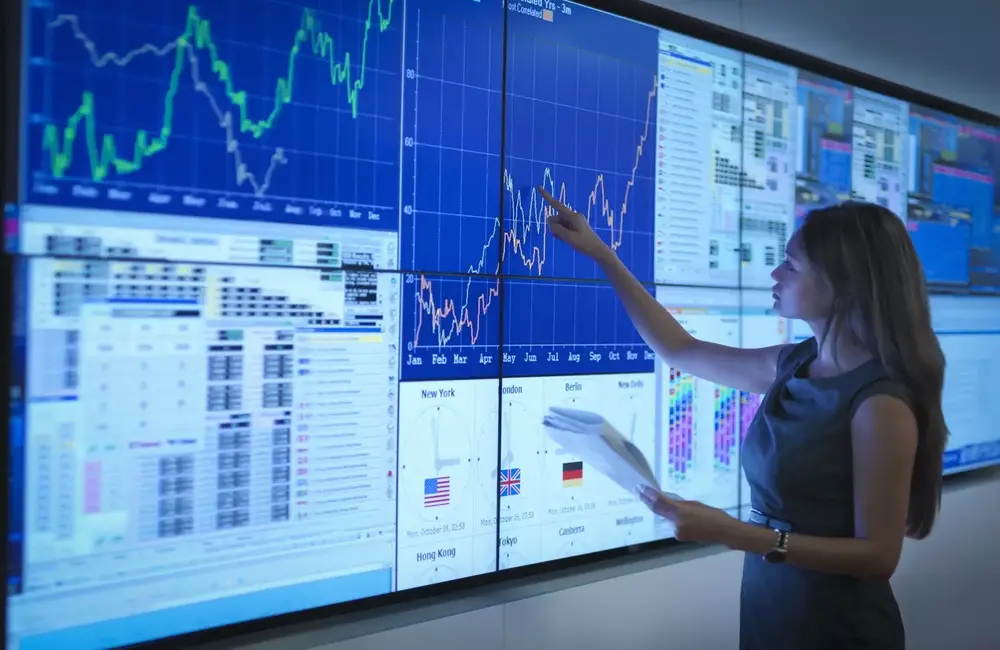Australian mining heavyweight Rio Tinto has revealed plans to form a joint venture (JV) with Chinese steelmaker Baowu to exploit an iron ore project at its Western Australian Pilbara operation. Rio Tinto (ASX:RIO) will invest US$1.3 billion and Baowu will contribute US$700 million, taking the total project financing to US$2 billion. The Western Range mine that Rio and Baowu are building might be new, but their relationship?
Equity analyst Jon Mills said the JV between the two companies began in 2002, when Rio and Baowu hatched a plan to grow both the Eastern and Western Range mines in Western Australia's Pilbara region. But ended up developing only the Eastern Range mine with a production ceiling of 200 m t where the full capacity will be achieved in 2027 under the current JV. This gets us to today and the needs of a company still looking for a new mine.
Mills refers to the JV as a “new or renewed joint venture” as opposed to a new agreement. “The project, and associated long-term sales agreement where Baowu has the opportunity to acquire up to around 125Mt of Rio’s iron ore production at market prices, is a great opportunity for both parties and will deliver value to Rio Tinto shareholders.” Shares of Rio fell 1.9 percent on Tuesday after the deal was announced and were trading at $92.45.
Star takes the shine out of its goodbye
Adam Bell’s heavily anticipated report into Star Entertainment (ASX:SGR) was made public on Monday, which noted the company “is and remains unsuitable” to be the holder of a casino licence in New South Wales. The report, 946 pages in length, recounted a variety of the failures of Star and the suspicious conduct with respect to money laundering that may have crossed into criminal territory.
On Tuesday, share price at Star Entertainment dropped 2.7% when trading resumed following Monday’s trading halt to close at $2.90. The company’s Interim Chairman issued a statement Thursday morning saying Star accepts the finding and the recommendations and that the company is developing and will adopt a comprehensive remediation plan.
Woodford matter comes back to bite Link
Link Group chief executive Vivek Bhatia is flying to the UK to try to save the embattled takeover from Canadian private equity firm Dye & Durham after coming out of a trading halt on Monday. In a market update on Tuesday, Link (ASX:LNK) said UK Financial Conduct Authority (FCA) has given the green light to the Canadian firm’s takeover of Link pending Link pays up $91 million of pound terminology fines connected to Woodford Matter.
For those that don’t know the Woodford Issue, it is about Link Fund Solutions, the fund administrator to Neil Woodford’s dodo mandate/mangled investment vehicle. Director of equity research, Matthew Hodge, wrote in a report on Wednesday that the buyout might suffer from the Woodford Matter.
“Effectively, given the conditions imposed by the FEC in relation to the Dye & Durham takeover, we now believe it’s unlikely the takeover will occur,” says Hodge.
Shares in Link Group fell 22.5% over the week and are down 27.7% since the start of the year.
US inflation: The Fed’s ultimate boss
Inflation data released this week for August has rocked equity markets and put investors on notice as it flexes its policy-proof triceps. Headline and core inflation both increased by 0.1% to 0.6% over the month. The release of the data prompted selling in US stocks during the Tuesday overnight trading session but quickly caught on in the ASX on Wednesday. American indexes like the Dow Jones Industrial Average and the Nasdaq Composite were down 3.9 percent and 5.2 percent intraday, their worst performance since June and March of last year.
THE WEEK IN AUSTRALIA: The ASX200 fell 2.5 percent over Wednesday, and ended the week down 2.1 percent. Weak US inflation has investors questioning whether the Fed will hike more than expected at next week's meeting to cool the economy. The data will “likely be enough to nudge an already hawkish Fed to hike by a third 25bp at its meeting next week,” said Silvia Dall’Angelo, senior economist at Federated Hermes.
If you'd like to read more on the recent US inflation data and how it affected investors, check out my article: Stock markets plunge as US inflation comes in hotter than expected.
Elon the EV King has been Offset served
The large electric vehicle maker Tesla was hit with a proposed class action filed on Wednesday this week, alleging it deceived the public by promoting its Autopilot and Full Self-Driving (FSD) capabilities that did not work, or even exist. The suit was filed in a federal court in San Francisco and seeks damages on behalf of Americans who may have fallen victim to Tesla’s alleged false advertising by purchasing or leasing a Tesla vehicle since 2016 with the claimed feature.
The company has not responded publicly to the lawsuit but its stock was up 3.4% despite the bad press. Wednesday’s sharp spike in stock price came as US President Joe Biden unveiled the federal government's first round of funding for the EV charging network in 35 states.
Governor Lowe discusses high unemployment and low inflation
The hot topics of unemployment, inflation and interest rates were also on the lips of RBA Governor Philip Lowe when he appeared before the House of Representatives Standing Committee on Economics in Canberra this morning. He stated and I quote that "Australia now has the second lowest level of unemployment in the OECD and that low unemployment rates and increased labour force participation both are important factors in the strength of the Australian economy".
“I tell you all that because the recovery in the Australian jobs market has been extraordinary. Australians are finally finding a job more easily than they have for quite some time,” Lowe said.
He then caught the elephant in the room. Inflation.
“The second change since February, the rise in inflation is an unwelcome one,” he said.
“Seven months later, we find ourselves at a very different point. Inflation has sped from being too low to being too high,” he added.
At 6.1% currently, headline inflation is well above the RBA’s 2% to 3% target range. Part of the reason inflation has been higher in Australia is that we have been caught up in a broader increase in world inflation, including the result of the Russian invasion of Ukraine and large disruptions to global energy markets, but also that Australians are really strong when it comes to making purchases. Next, he takes us down memory lane to the “dark days of the pandemic,” and his ‘confidence’ that the RBA’s decision to terminate QE and lift rates was the correct one.
“But at the time, in the depths of the pandemic, the [Reserve Bank] Board judged that the larger policy error would have been to have not done enough, rather than to have done too much,” he says.
On interest rates, Lowe admitted that interest rates have come earlier and have also been larger and faster than previously expected. He said the Reserve Bank continues to expect a further increase in the cash rate would be necessary to return inflation to target, but added it will also be appropriate at some point to be contemplating an easing in the path of interest rate increases.

























